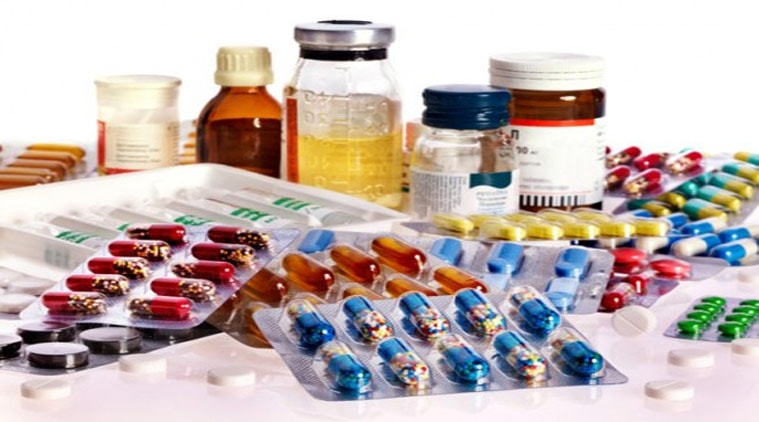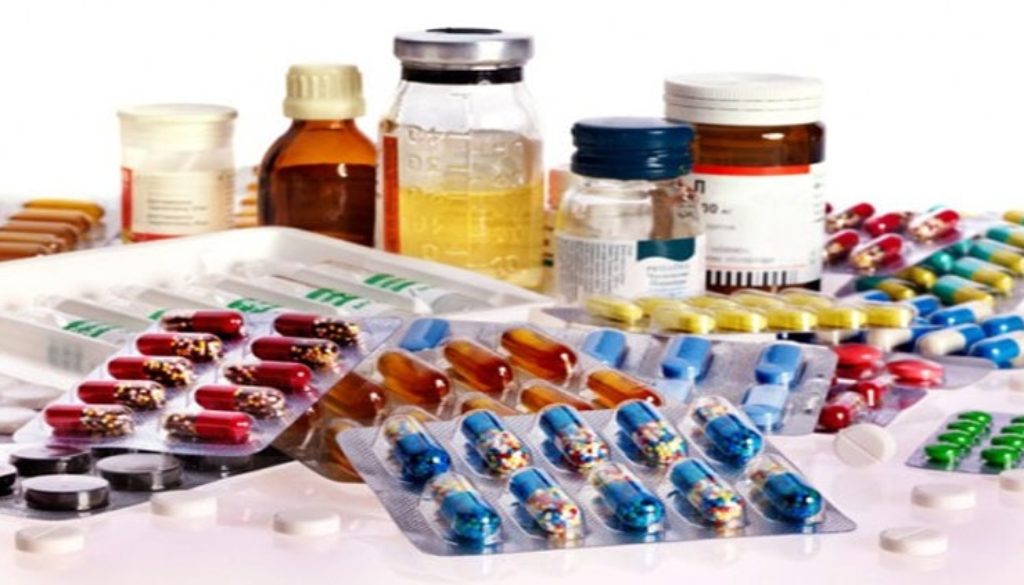Govt To Throw Open AMRIT Stores To Private Franchisees

Unlike Jan Aushadhi stores, which are run by the Ministry of Chemicals and Fertilisers, AMRIT stores do not sell generic versions of drug but sell branded drugs.
Taking inspiration from the success that Jan Aushadhi have had with private franchisees, the Health Ministry has decided to throw open AMRIT stores to private players in a bid to increase access to affordable drugs.
The Affordable Medicines and Reliable Implants for Treatment (AMRIT) pharmacies — the first of which was opened at AIIMS, Delhi in 2015 — sell expensive drugs such as those used for treating cancer and cardiovascular diseases at a cost that is 30-40 per cent cheaper. Unlike Jan Aushadhi stores, which are run by the Ministry of Chemicals and Fertilisers, AMRIT stores do not sell generic versions of drug but sell branded drugs.
“We will call for private players to open AMRIT stores all over the country. That way, we can increase access without putting in government funds for the establishment expenditure. Any person who has an existing store or plans on opening one can apply and will be given a franchise provided s/he meets other conditions. However one restriction that will be imposed is that the store can only sell AMRIT medicines,” said a senior official.
Last year, Health Minister J P Nadda had said that the number of AMRIT stores would increase four-fold over the course of the year. However, the number has only risen from 111 at the start of 2018 to 150 at the end of the year.
All stores are currently on the premises of government hospitals. They are owned and run by the PSU HLL Lifecare. Currently, each store sells medicines worth Rs 10-12 lakh per month, say Health Ministry officials. HLL Lifecare estimates that since the launch of the programme, AMRIT stores have led to savings of approximately Rs 115 crore for some 20.5 lakh patients.
The World Health Organisation estimates that in 2015, an estimated 8 per cent of the Indian population had been pushed below the poverty line by high out-of-pocket payments for health care. The cost of medicines is estimated to comprise as much as 70 per cent of the total out-of-pocket expenditure that families have to make on healthcare. Expert committee reports have repeatedly highlighted the need for public expenditure to be increased towards ensuring affordability and accessibility of drugs, citing some of the existing models in states such as Tamil Nadu.
In 2011, the report of the High Level Expert group (HLEG) of the erstwhile Planning Commission had said: “(T)he Indian population is dependent on private chemists. The availability of free or partially free drugs in out-patient care is extremely low. This highlights the limited protection offered by the government and the preponderance of private players in drug prescription and dispensing. People in some of the southern states appear to have relatively better access to medicines than in the other states…”




